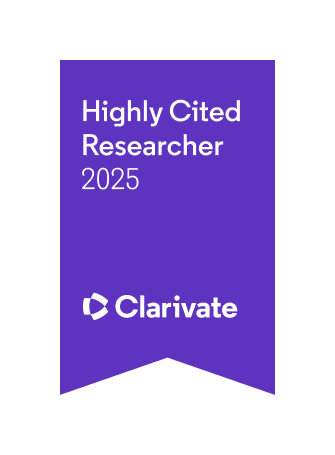
Dr Matthew Cole
Senior Marine Ecologist and Ecotoxicologist
mcol@pml.ac.uk | +44 (0)1752 633100 (switchboard)"I am interested in exploring how human activities can impact upon the natural environment, and exploring how nature can be harnessed to help tackle pollution "
Dr Matthew Cole is a senior marine ecologist and ecotoxicologist based at Plymouth Marine Laboratory. Matthew’s research centres upon how human activity and pollution can impact upon the natural environment.
Since 2010, Matthew’s research has focussed upon better understanding the risks plastic pollution poses to marine ecosystems. His pioneering research was the first to identify the negative impact microplastics can have upon marine zooplankton and marine ecological processes.
Matthew is currently spearheading projects investigating the effects of antifouling paint particles, biodegradable plastics and tyre-wear particles on coastal and estuarine ecosystems, and exploring nature based solutions to microplastic pollution.
Matthew has received funding from the Natural Environment Research Council (NERC), Newton-Paulet foundation, Royal Society and the Waitrose Plastic Plan Fund. Matthew currently supervises postdoctoral (PhD and Masters) students in collaboration with the University of East Anglia, University of Plymouth and the University of Exeter.
Key Projects
Selected Publications
- Cole, M., Lindeque, P., Halsband, C., Galloway, T.S. (2013). Microplastics as contaminants in the marine environment: A review. Marine Pollution Bulletin, 62 (12), 2588-2597.
- Cole, M., Lindeque, P., Fileman, E., Halsband, C., Goodhead, R., Moger, J., Galloway, T.S. (2013). Microplastic ingestion by zooplankton. Environmental Science & Technology, 47 (12), 6646-6655.
- Cole, M., Lindeque, P., Fileman, E., Halsband, C., Galloway, T.S. (2015). The impact of polystyrene microplastics on feeding, function and fecundity in the marine copepod Calanus helgolandicus. Environ. Sci. Technol., 49(2), 1130–1137.
- Galloway, T., Cole, M. & Lewis, C. (2017). Interactions of microplastic debris throughout the marine ecosystem. Nat. Ecol. Evol. 1, 0116.
- Hartmann, N. B., Hüffer, T., Thompson, R.C., Hassellöv, M., Verschoor, A., Daugaard, A.E., Rist, S., Karlsson, T., Brennholt, N., Cole, M., Herrling, M.P., Hess, M.C., Ivleva, N.P., Lusher, A.L., Wagner, M. (2019). Are we speaking the same language? Recommendations for a definition and categorization framework for plastic debris. Environmental Science & Technology, 53 (3), 1039-1047.
- Cole, M., Lindeque, P., Fileman, E., Clark, J., Lewis, C., Halsband, C., Galloway, T.S. (2016) Microplastics alter the properties and sinking rates of zooplankton faecal pellets. Environmental Science & Technology, 50 (6), 3239-3246.

